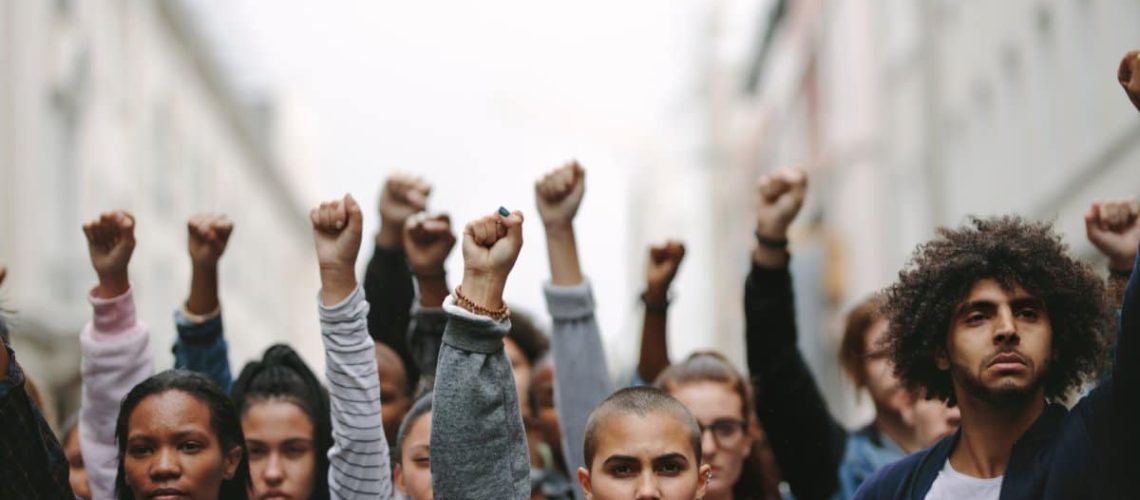As we celebrate the 4th of July and America’s independence, it’s essential to recognize that not all Americans have experienced the same freedoms. Here are 21 realities that challenge the notion of universal liberty and justice.
1. The Enslavement of African Americans
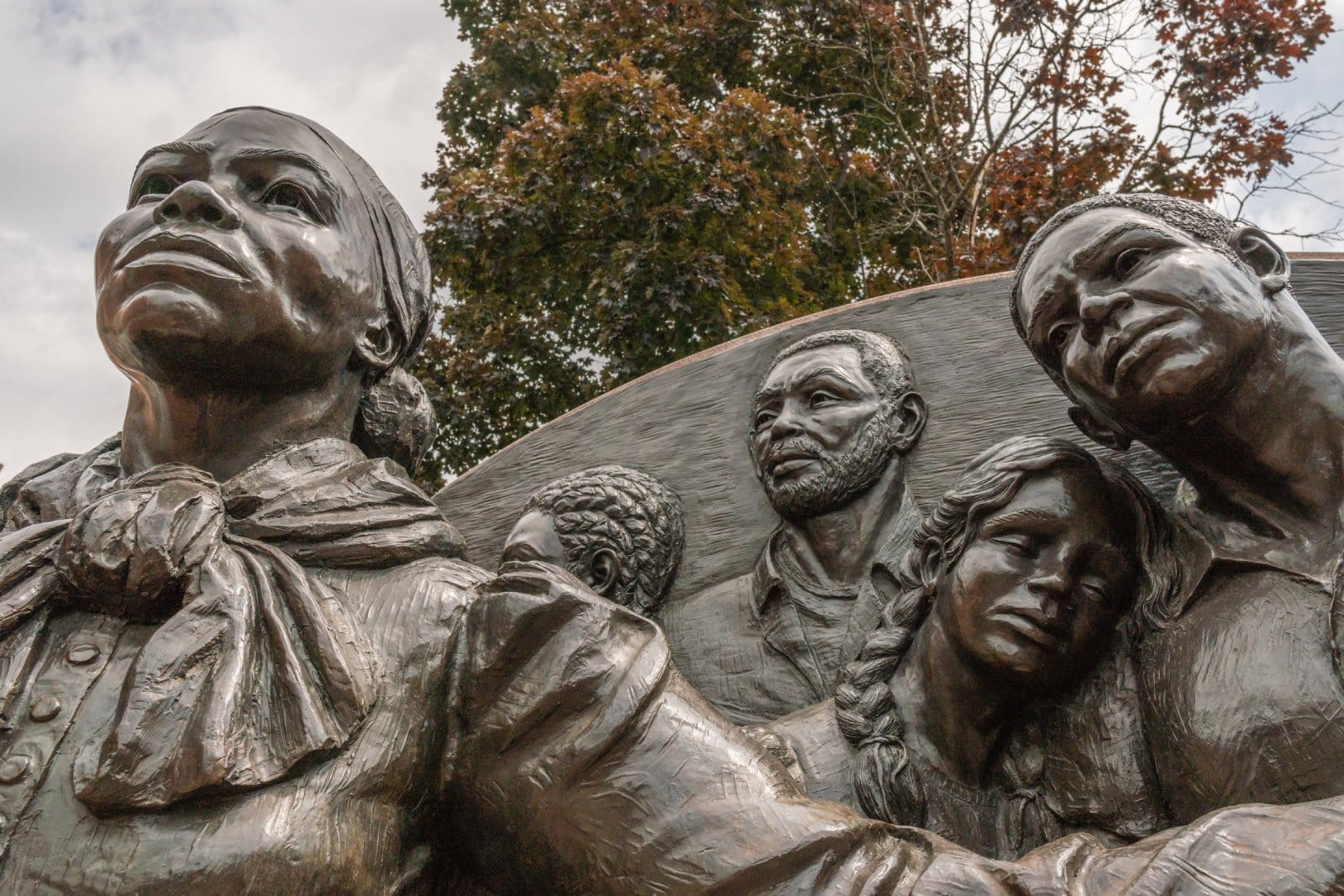
While the Declaration of Independence proclaimed “all men are created equal,” it coexisted with the brutal institution of slavery, denying freedom to millions of African Americans.
2. The Genocide of Native Americans
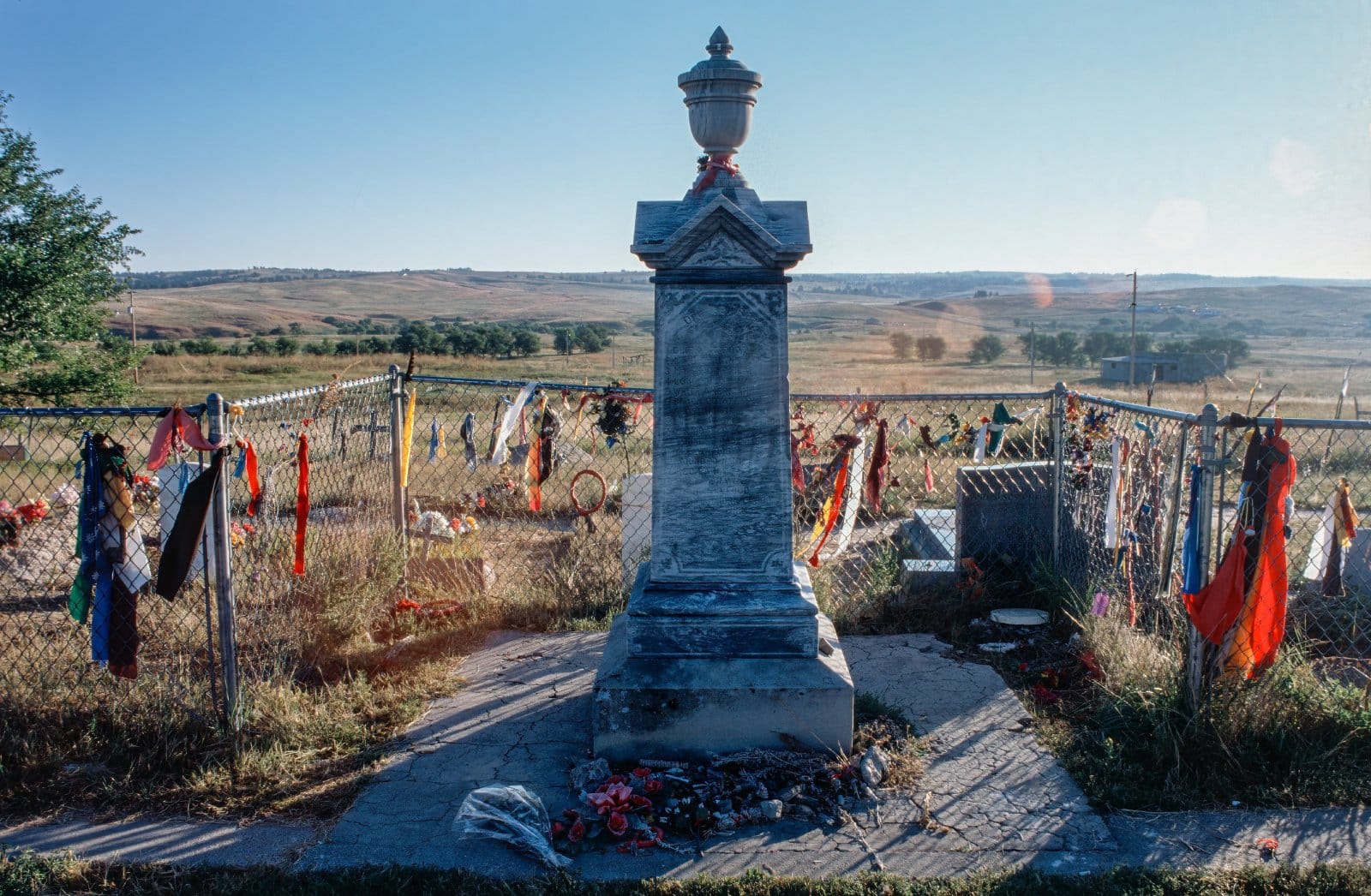
The founding of America involved the systematic displacement and genocide of Native American tribes, stripping them of their land and sovereignty.
3. Jim Crow Laws
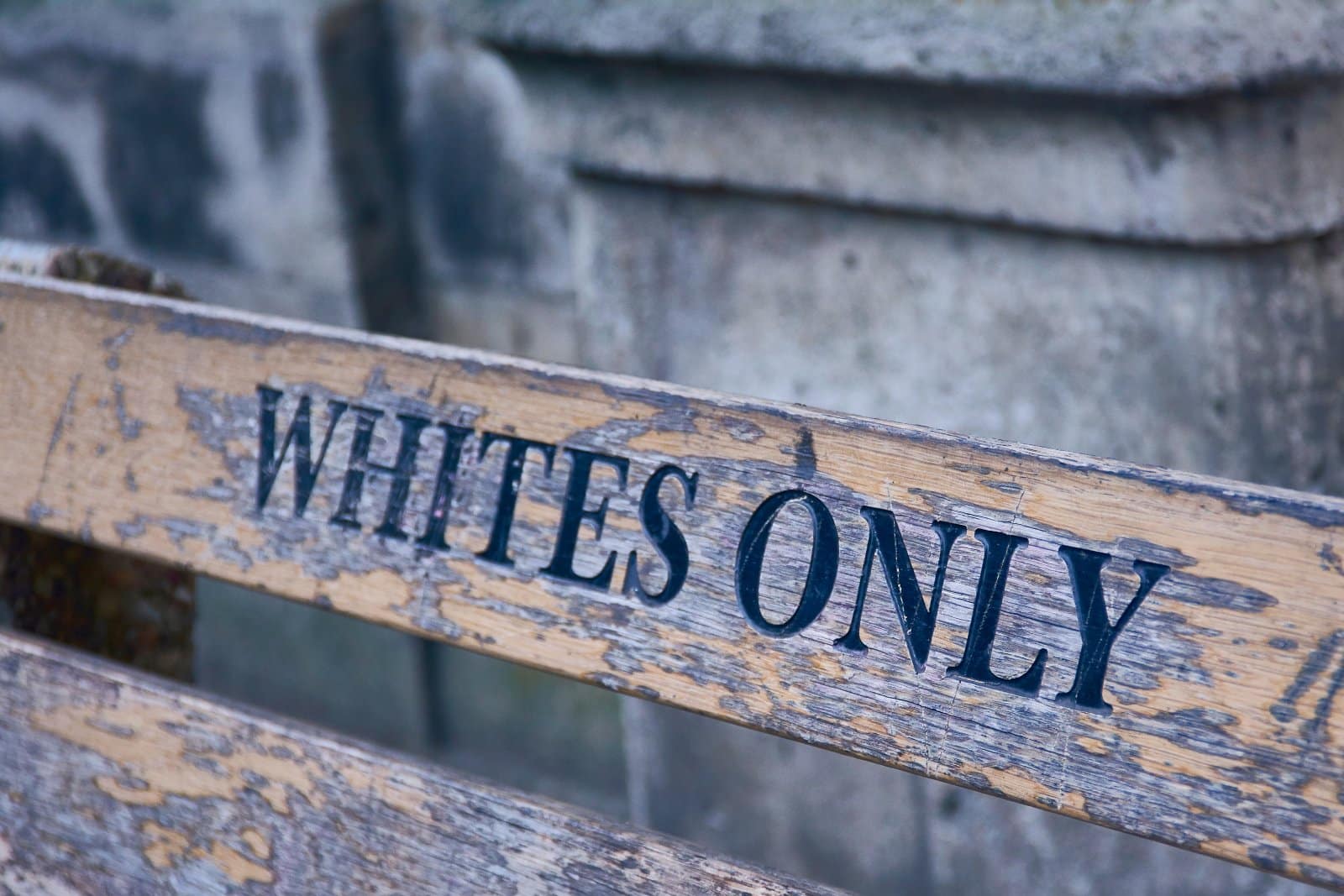
After the Civil War, Jim Crow laws institutionalized racial segregation and disenfranchised African Americans, perpetuating inequality and oppression for nearly a century.
4. Chinese Exclusion Act
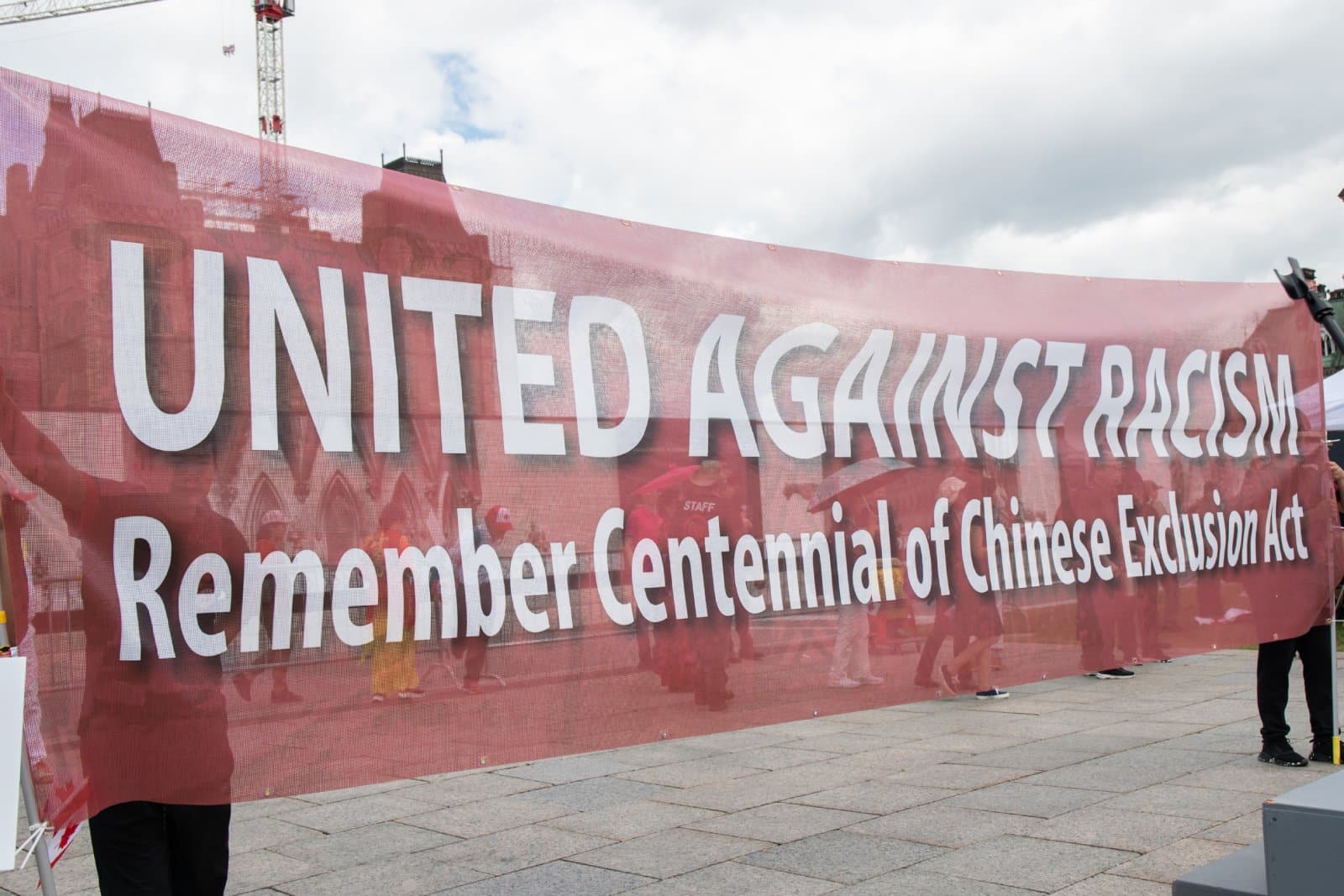
The Chinese Exclusion Act of 1882 was the first significant law restricting immigration based on ethnicity, reflecting widespread anti-Asian sentiment and exclusion.
5. Japanese American Internment
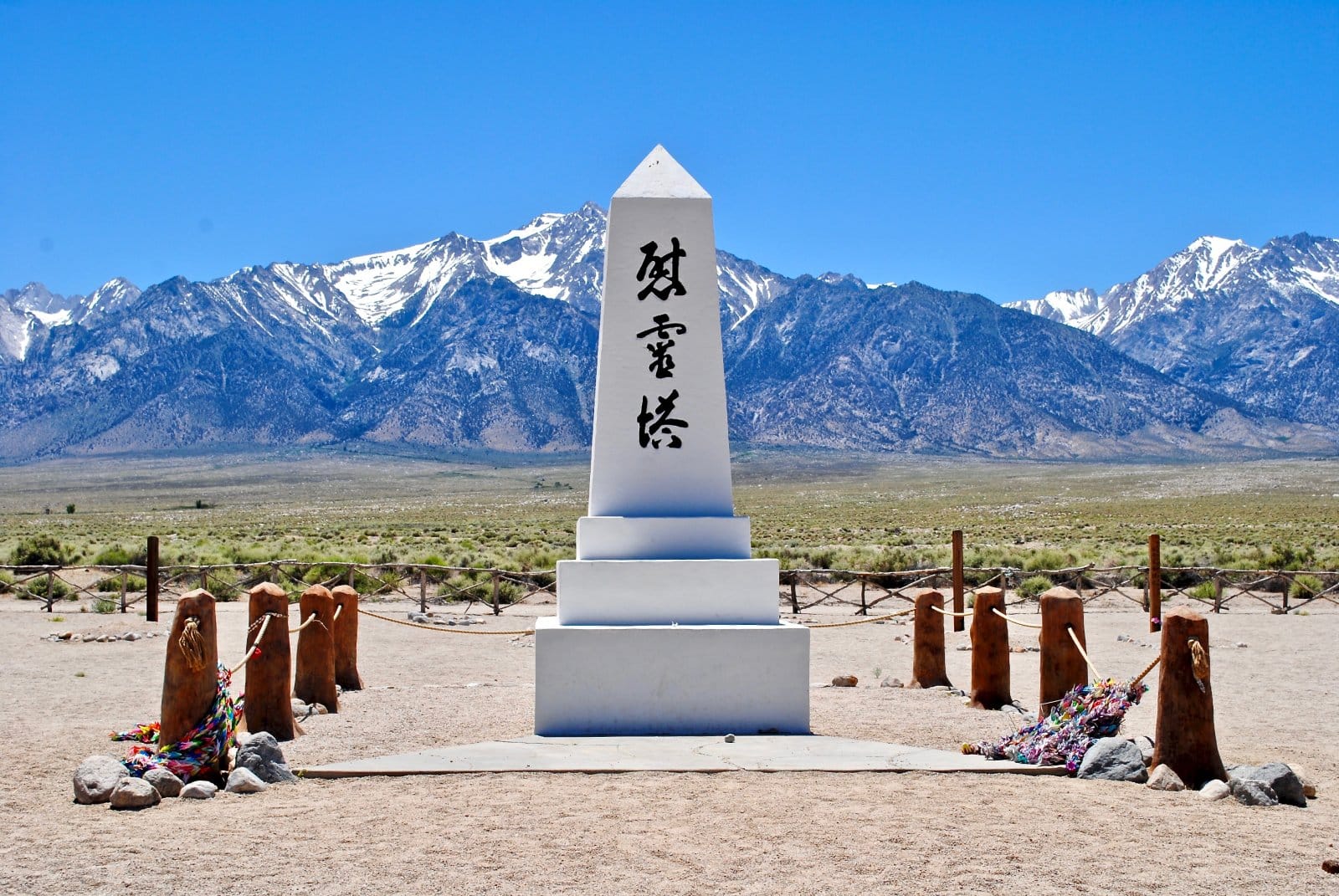
During World War II, over 120,000 Japanese Americans were forcibly relocated and incarcerated in internment camps, a stark violation of their civil liberties.
6. Redlining and Housing Discrimination
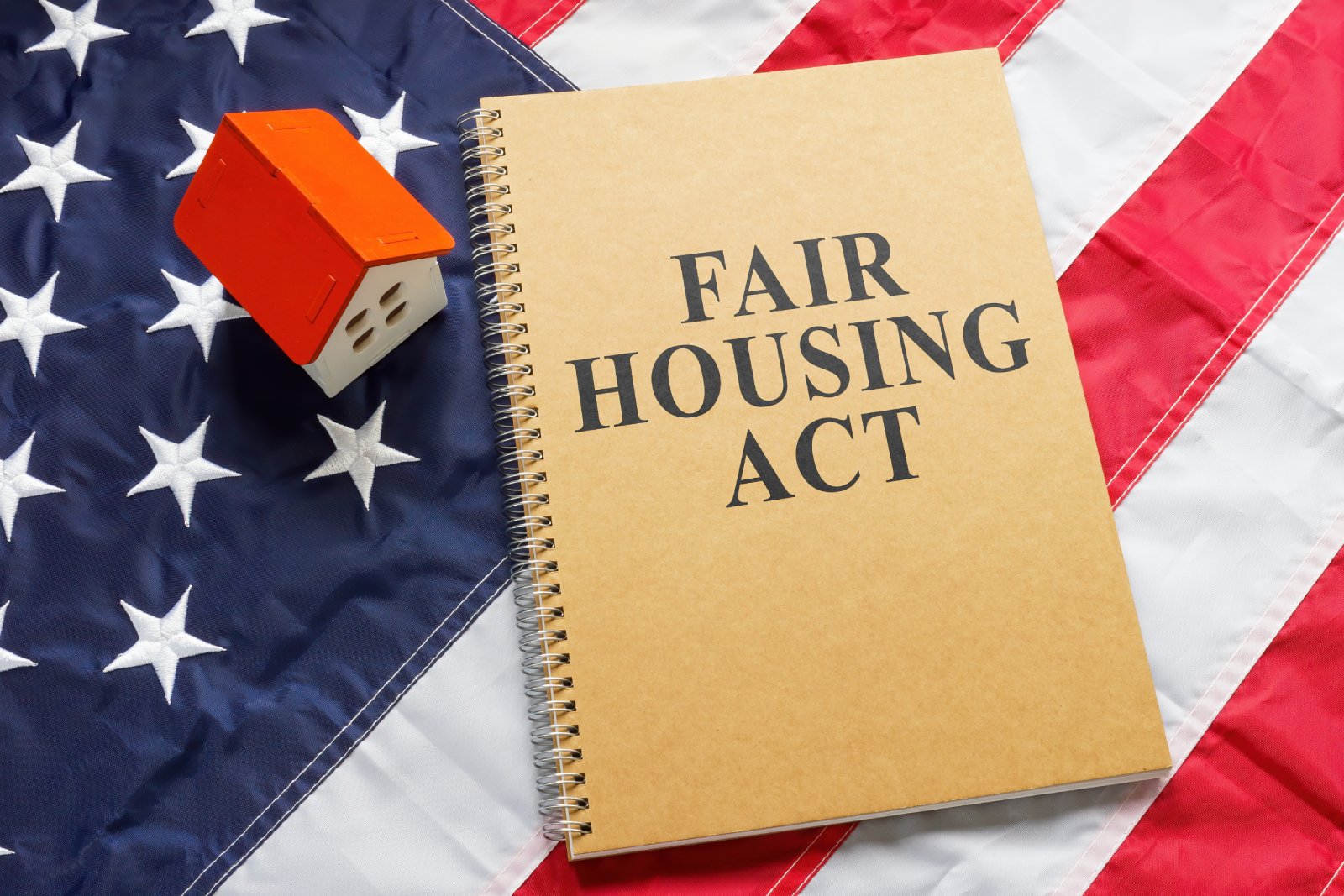
African Americans and other minorities have been systematically denied housing opportunities through redlining and discriminatory lending practices, contributing to persistent economic disparities.
7. Police Brutality
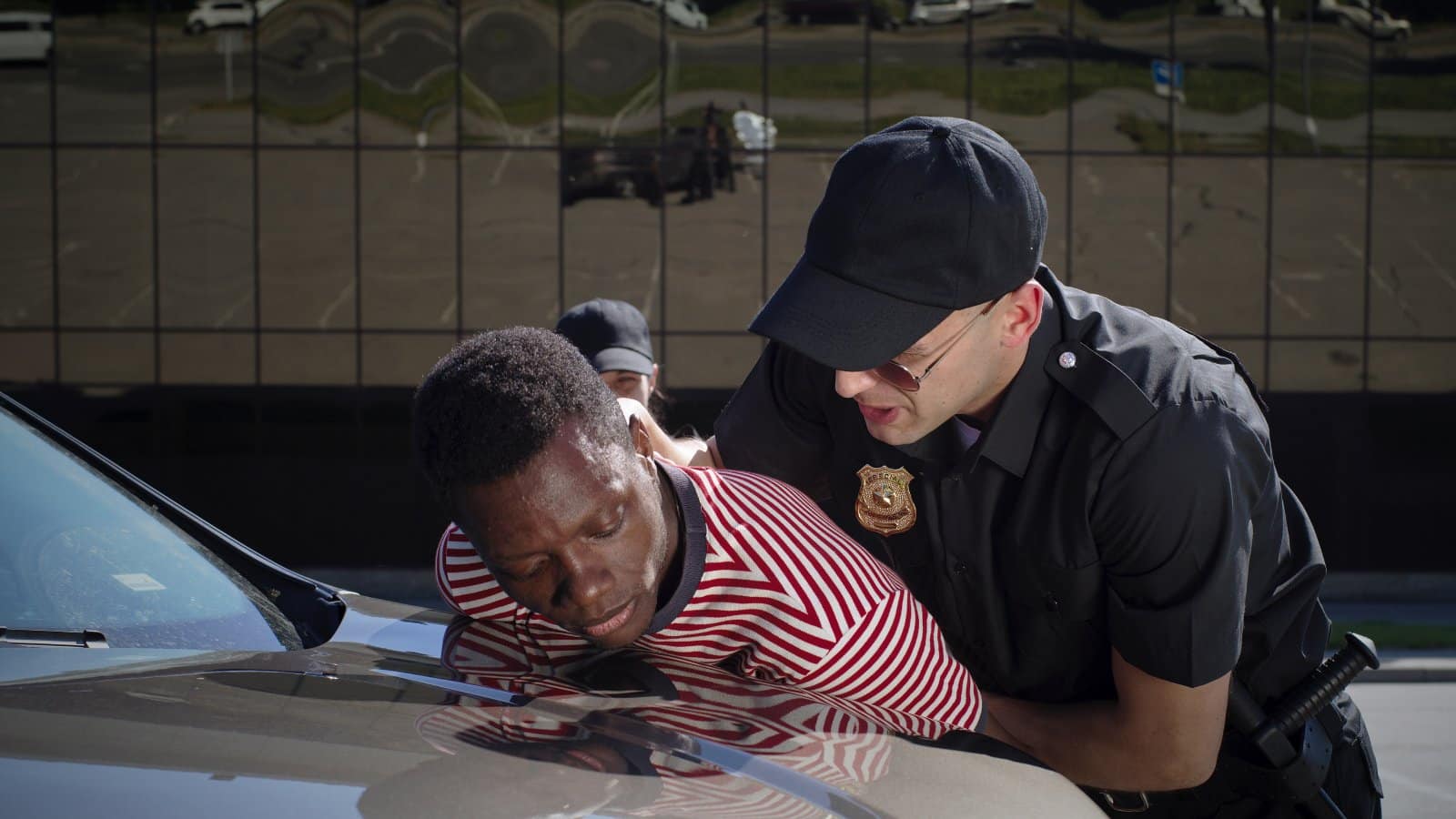
People of color, particularly African Americans, are disproportionately affected by police violence and brutality, highlighting systemic racism within law enforcement.
8. Immigration Policies and Border Detention
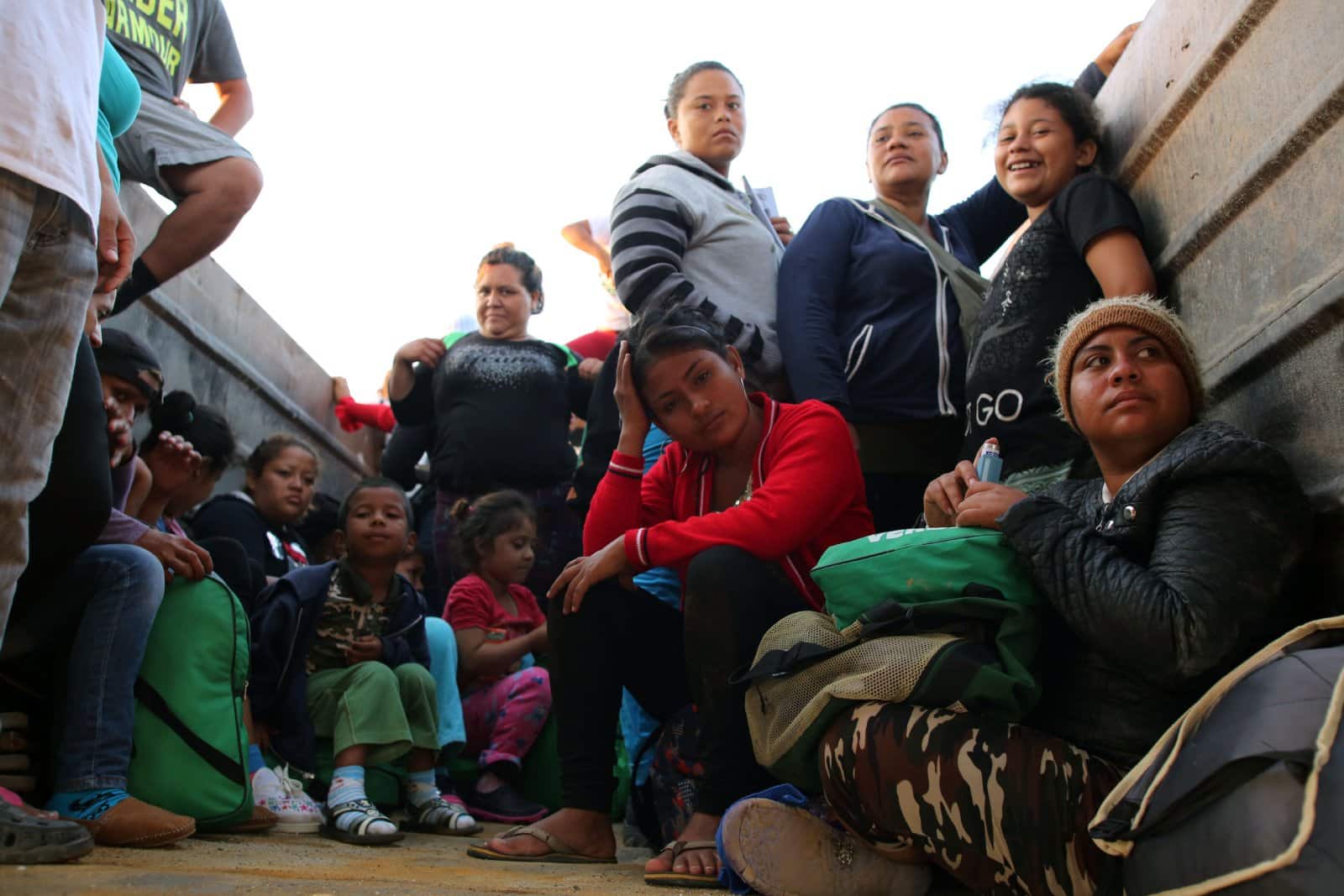
Unregistered migrants, especially from Latin America, face harsh immigration policies, including family separations and detention in inhumane conditions.
9. Health Disparities

Racial minorities, including Native Americans and African Americans, experience significant health disparities due to systemic racism in healthcare access and quality.
10. Educational Inequality
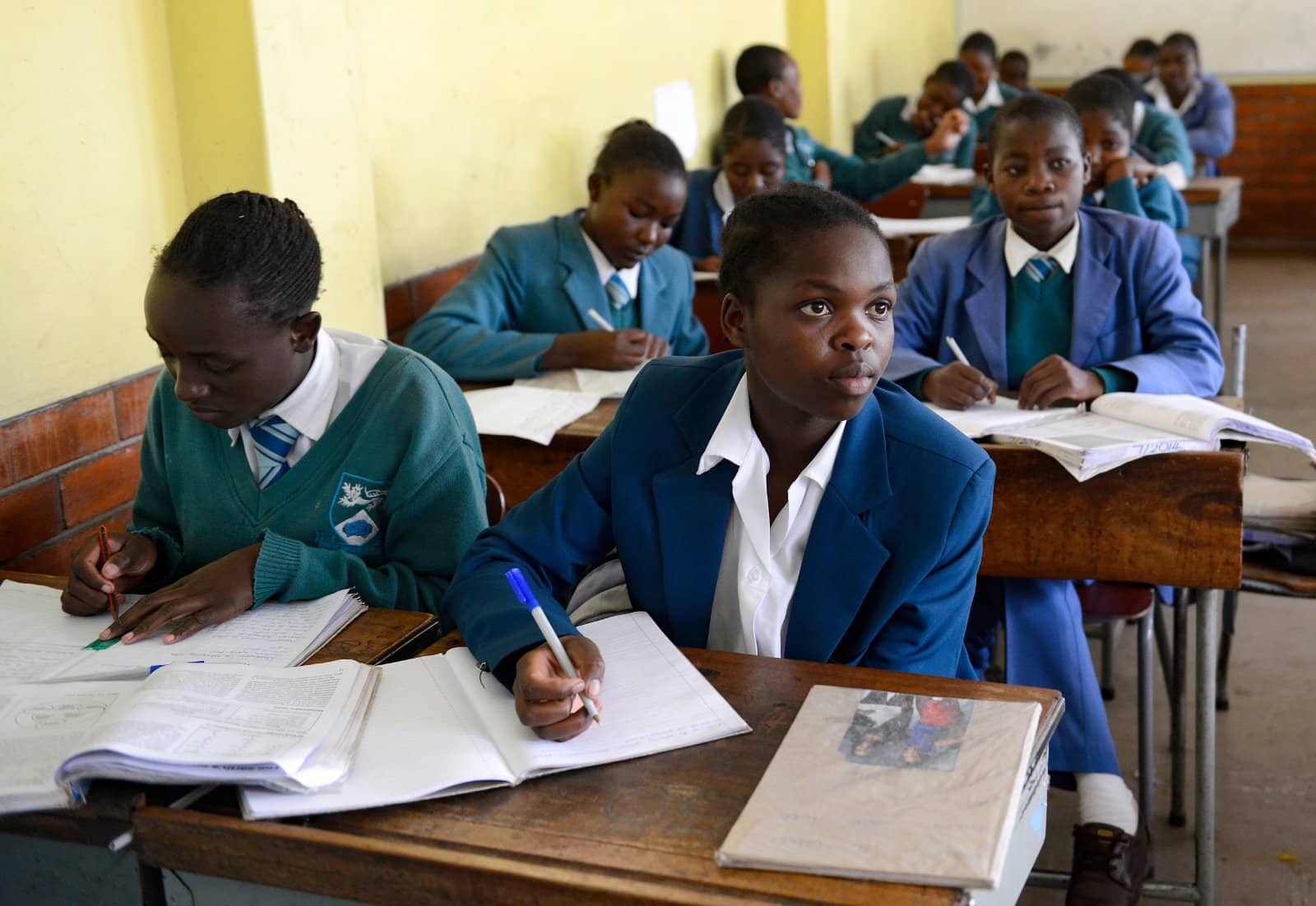
Schools in predominantly minority neighborhoods are often underfunded and under-resourced, perpetuating cycles of poverty and limited opportunities for children of color.
11. Environmental Racism
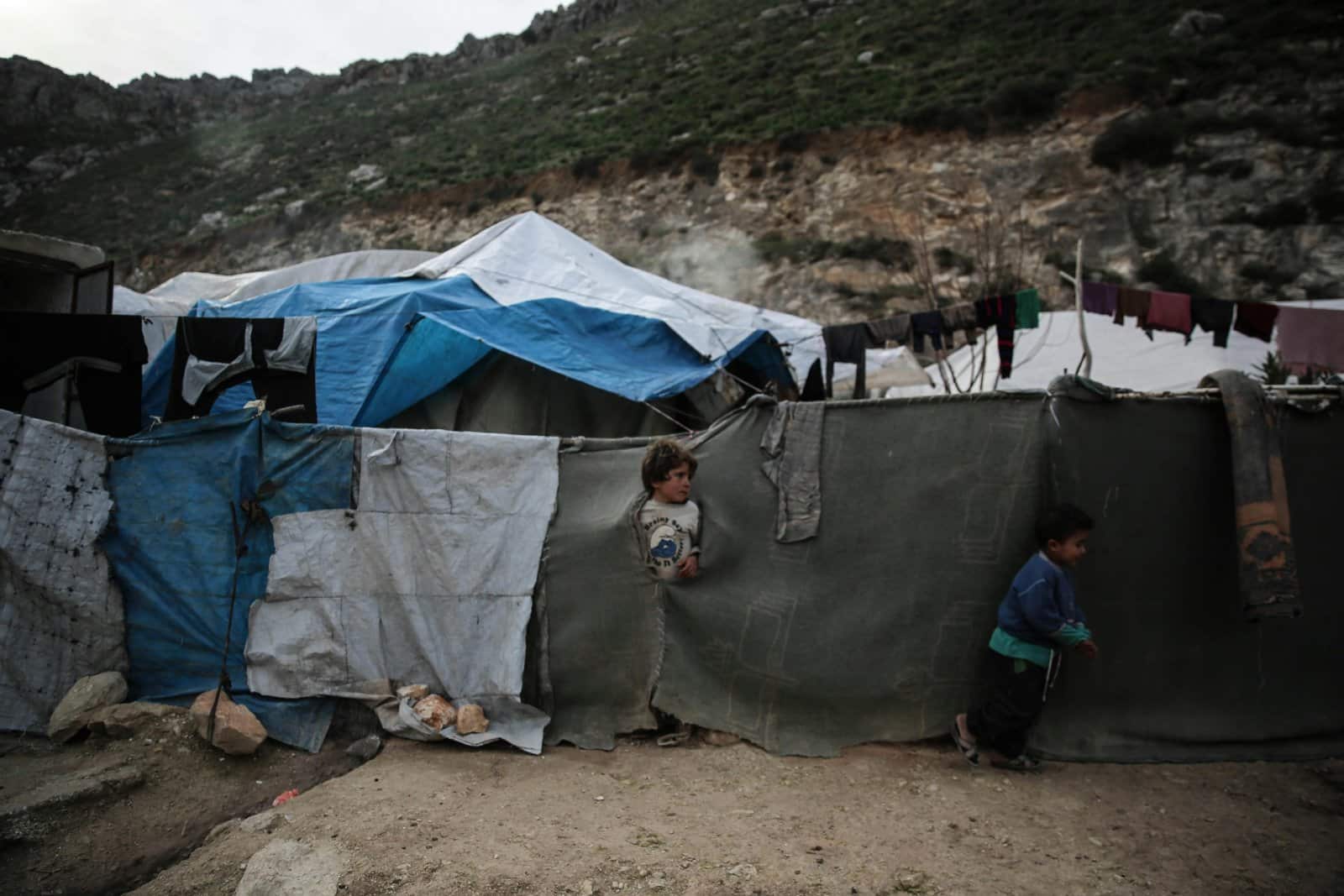
Communities of color are more likely to be situated near hazardous waste sites and industrial pollution, leading to serious health issues and lower quality of life.
12. Economic Inequality
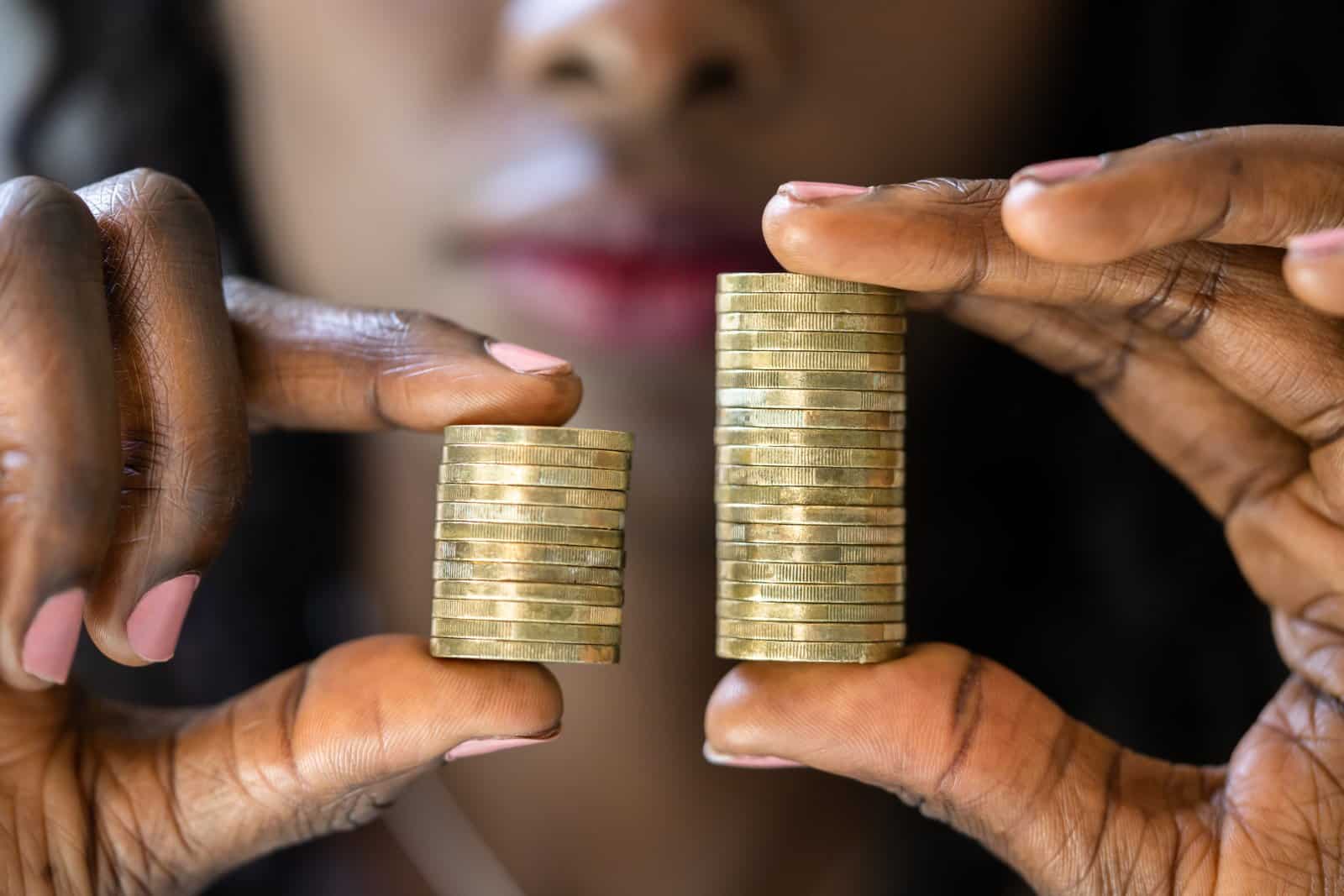
Racial wage gaps persist, with people of color earning significantly less than their white counterparts, reflecting ongoing discrimination in the labor market.
13. Voting Rights Suppression
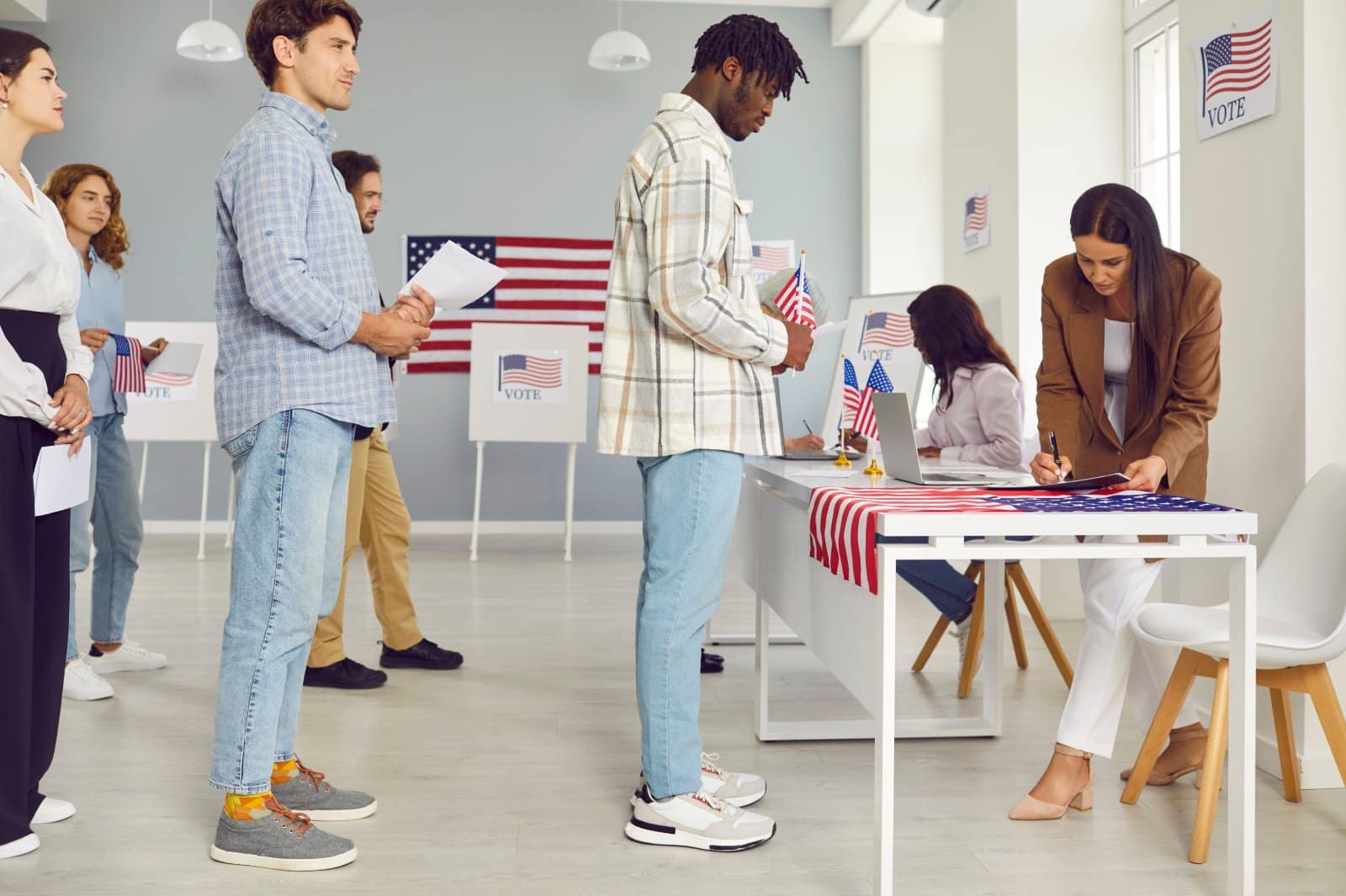
Voter ID laws, gerrymandering, and other tactics disproportionately disenfranchise Black, Latino, and Native American voters, undermining their political power.
14. Incarceration Rates
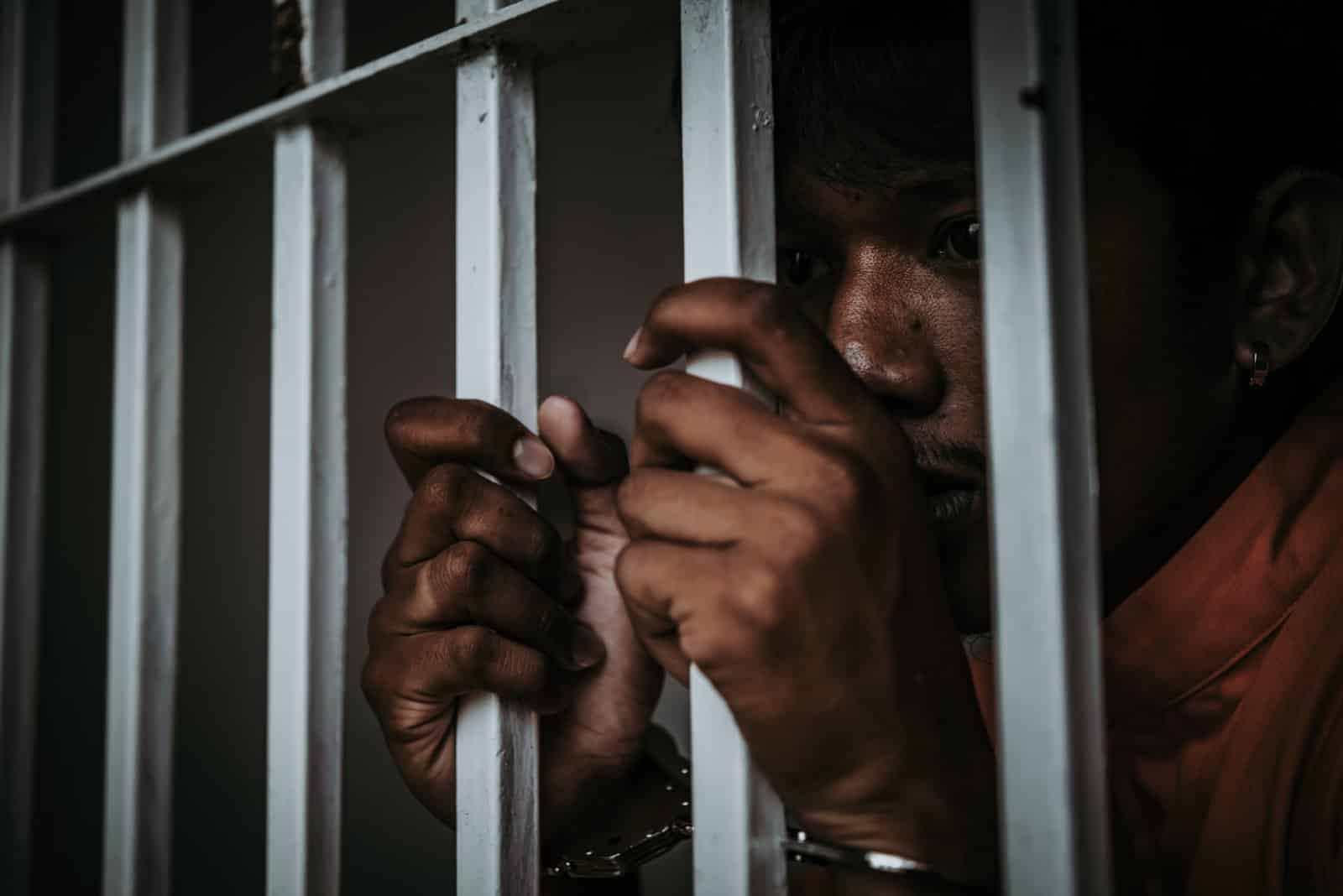
The criminal justice system disproportionately incarcerates people of color, with African Americans and Latinos facing higher arrest and sentencing rates for similar offenses as whites.
15. Cultural Erasure
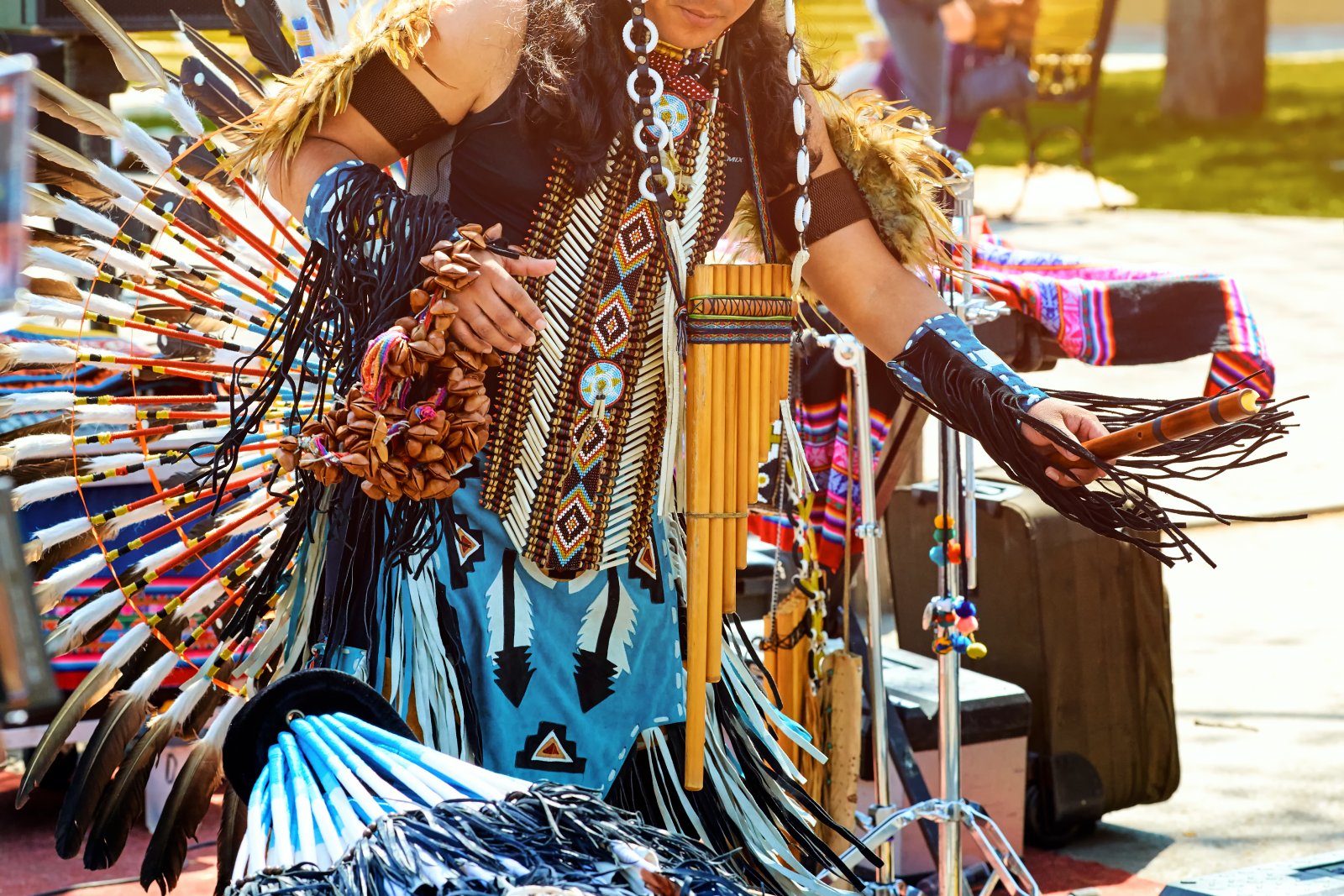
Native American cultures have been systematically erased and marginalized, with many tribes fighting to preserve their languages, traditions, and sacred lands.
16. Lack of Representation
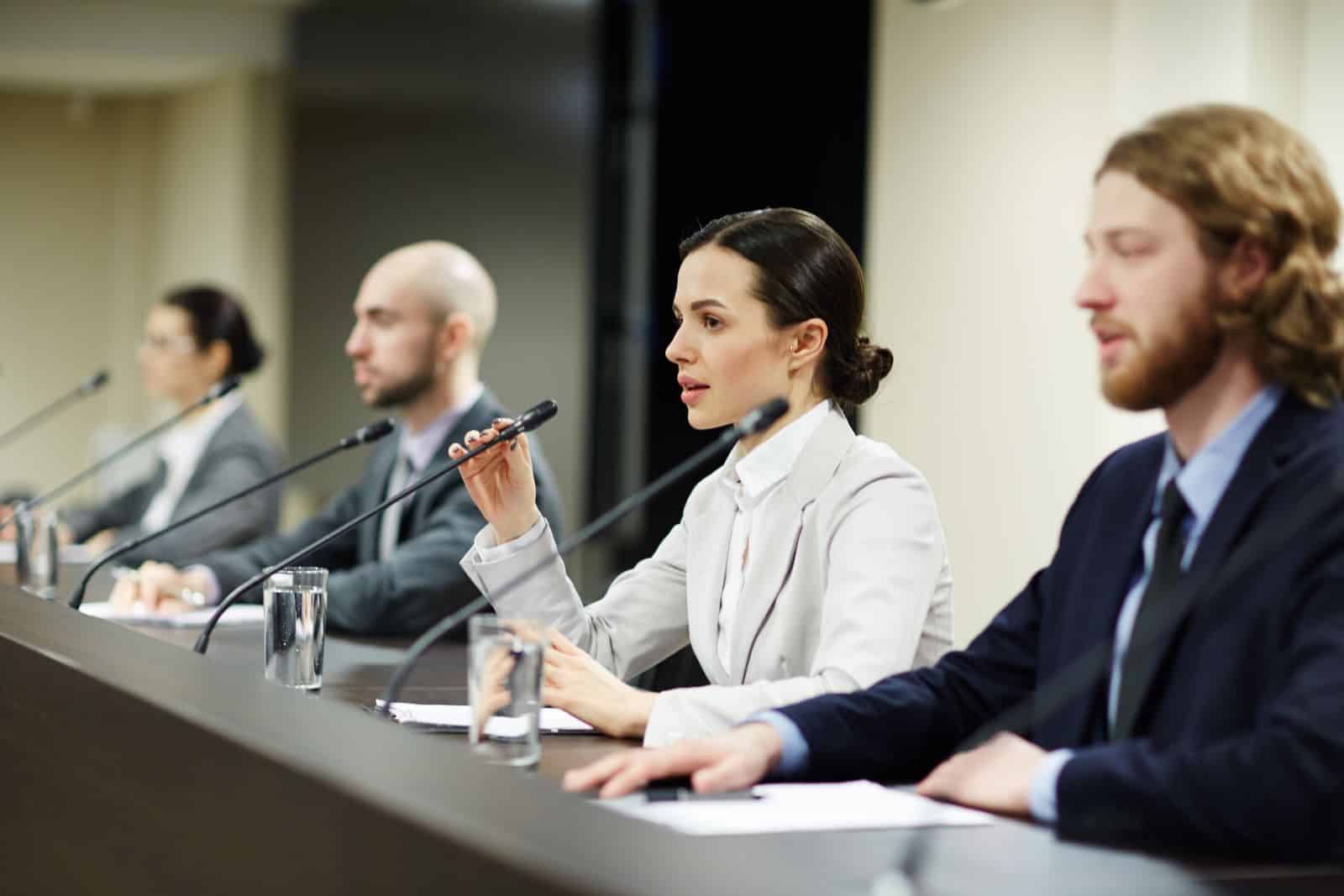
People of color are underrepresented in political office, corporate leadership, and media, limiting their influence and visibility in shaping national narratives.
17. Racial Profiling
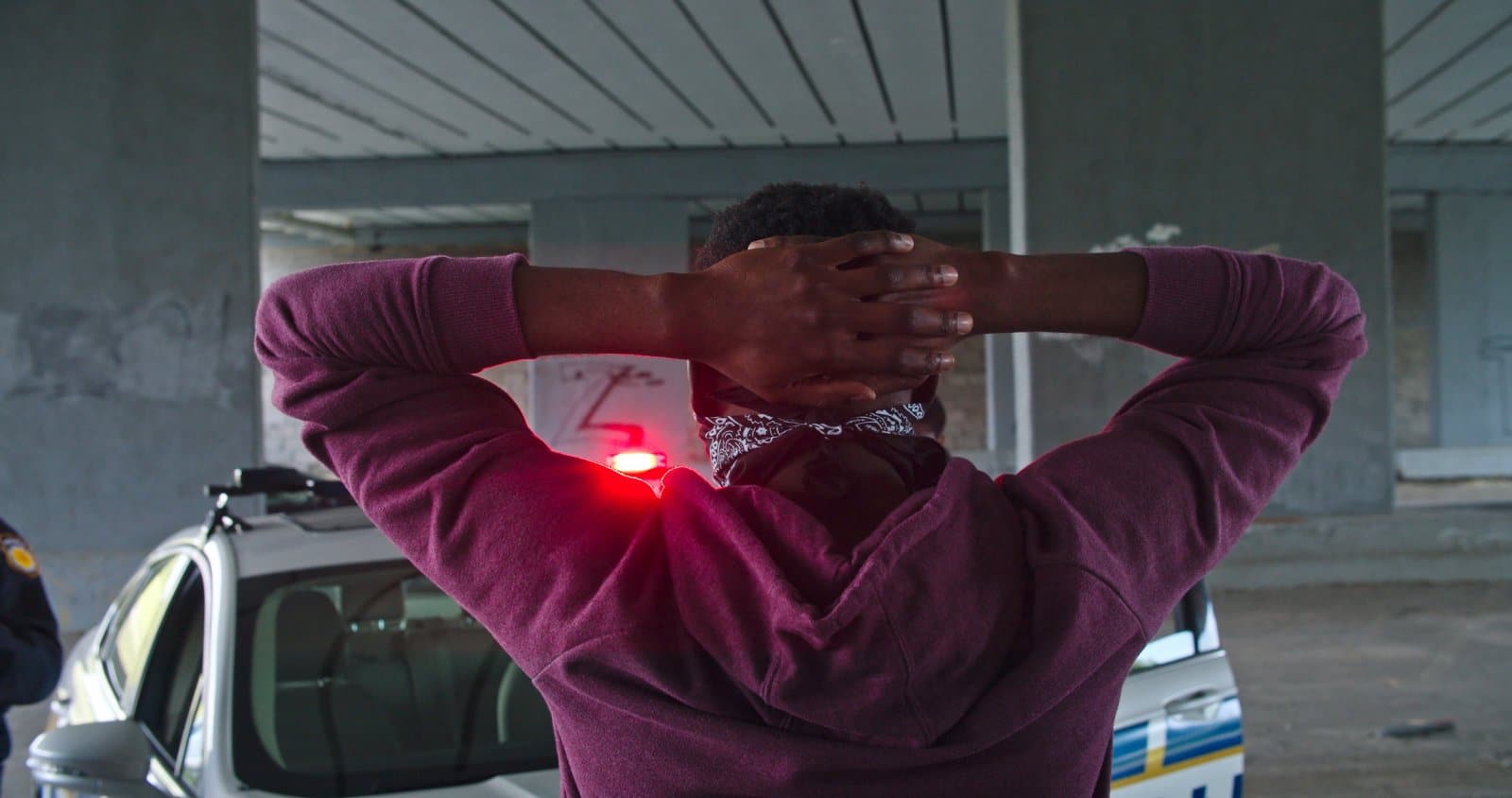
Law enforcement and security practices often target people of color, subjecting them to heightened surveillance and suspicion without cause.
18. Employment Discrimination
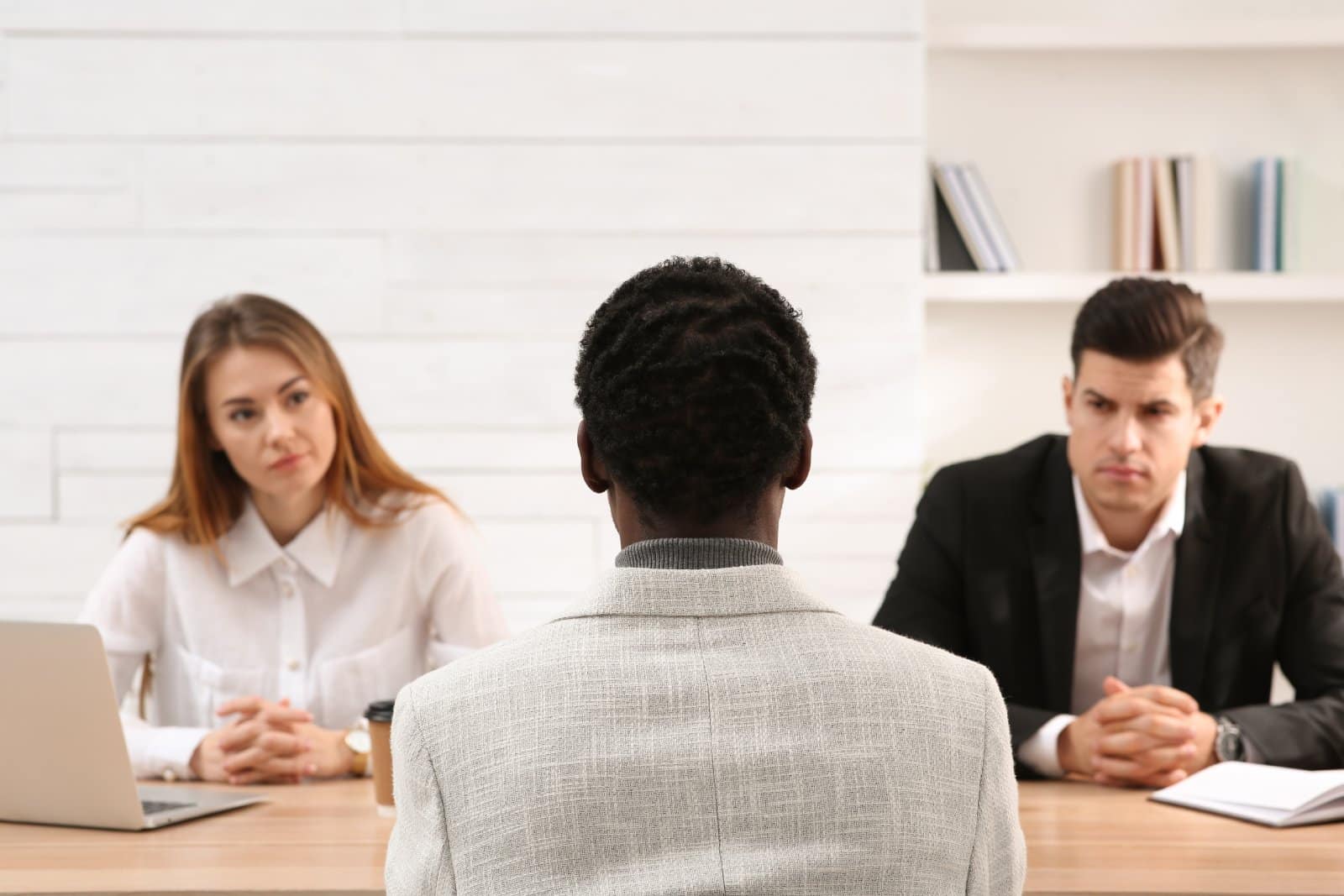
People of color face significant barriers in the job market, including biases in hiring, promotion, and pay, which limit their economic advancement.
19. Hate Crimes
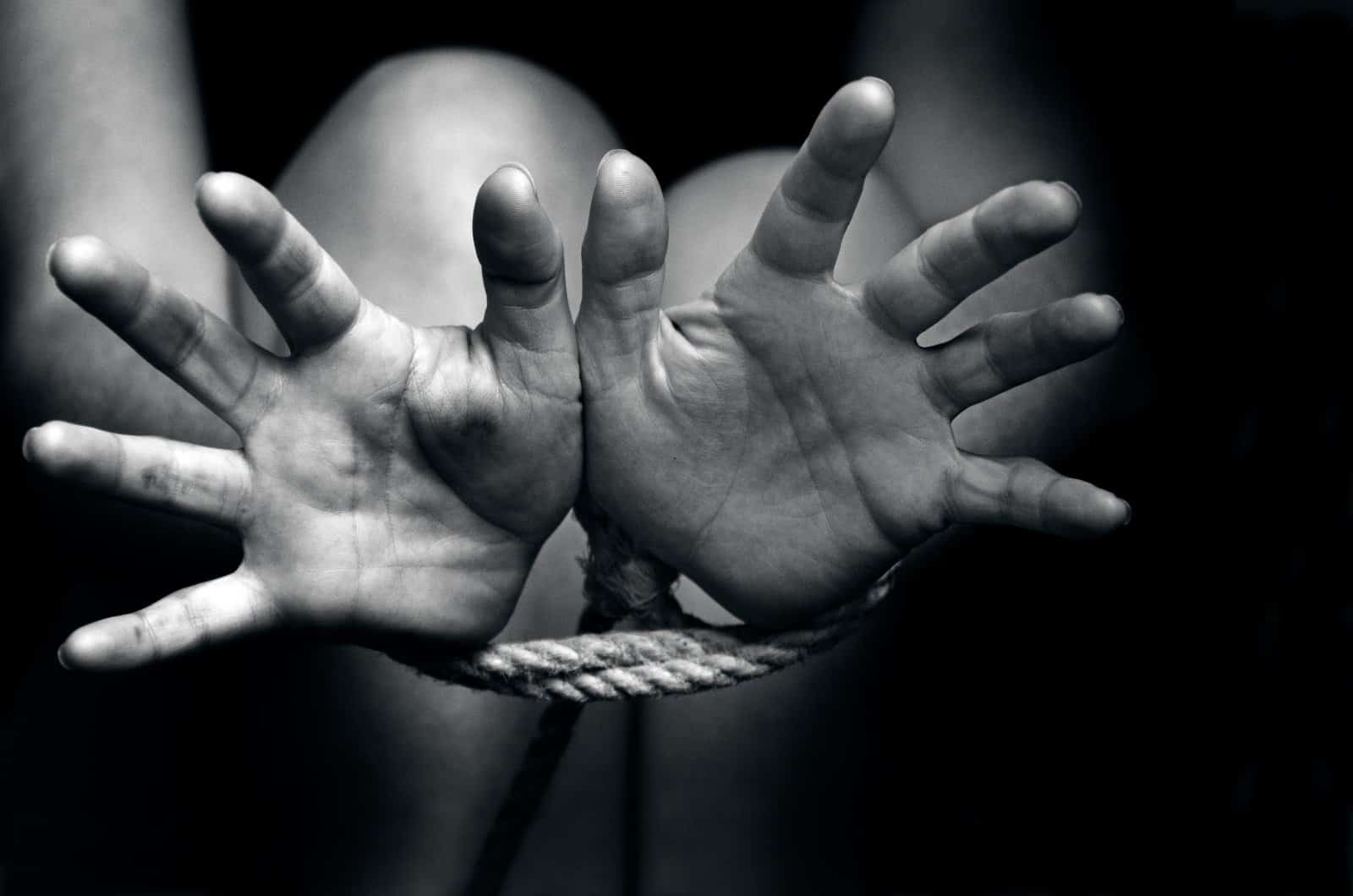
Racial minorities are disproportionately victims of hate crimes, reflecting enduring prejudices and violence against people of color.
20. Stereotyping and Microaggressions

People of color often encounter stereotypes and microaggressions in everyday life, contributing to a hostile and exclusionary environment.
21. Historical Exclusion From Benefits
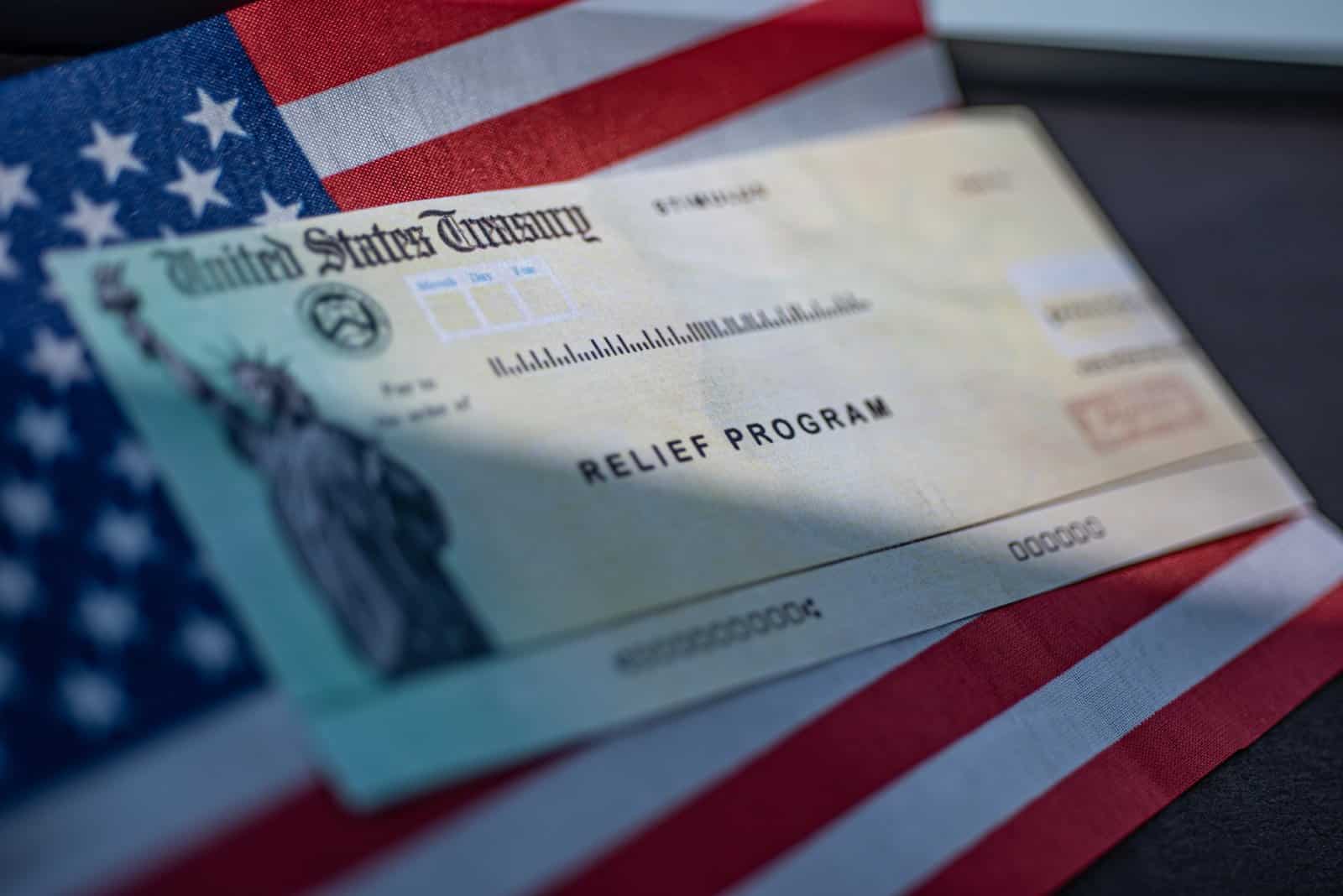
Many government programs, such as the GI Bill, have historically excluded people of color, denying them benefits that helped build white middle-class wealth.
Reflecting on True Freedom
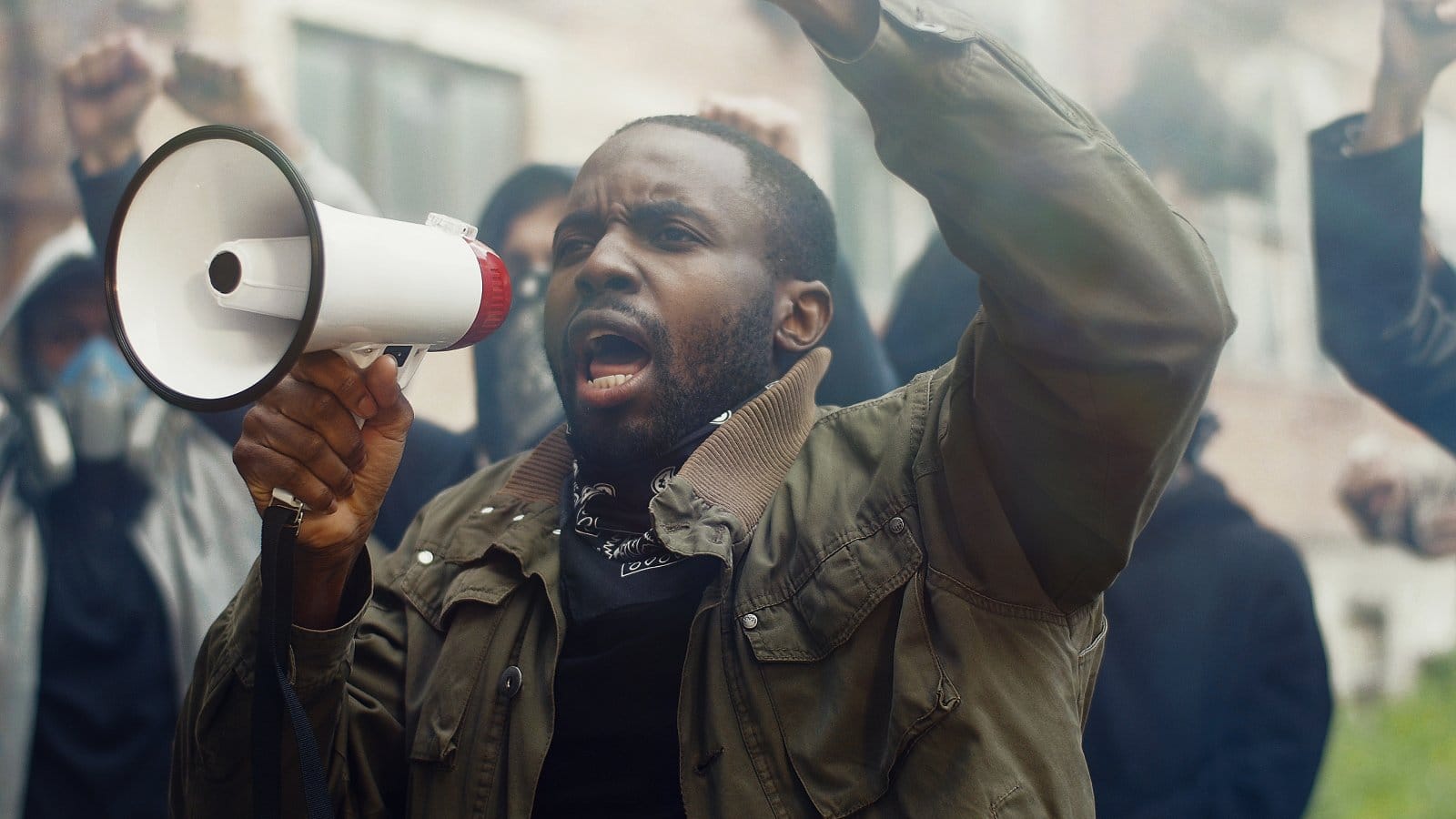
As we celebrate America’s independence, we must confront these realities and strive to ensure that freedom and equality are truly extended to all. How can we work towards a future where Independence Day represents liberation and justice for every American?
21 Beliefs About the Bible That Are Actually False

The Bible is one of the most discussed and debated books in history, yet many common beliefs about it are more myth than fact. How many of these misconceptions have you heard before? 21 Beliefs About the Bible That Are Actually False
21 Subtle Racisms That Are Commonplace in America

Racism in America isn’t always overt; it often hides in plain sight through subtle actions and attitudes. How many of these subtle racisms have you noticed around you? 21 Subtle Racisms That Are Commonplace in America
Only Legal in America: 21 Things You CAN’T Do in the Rest of the World
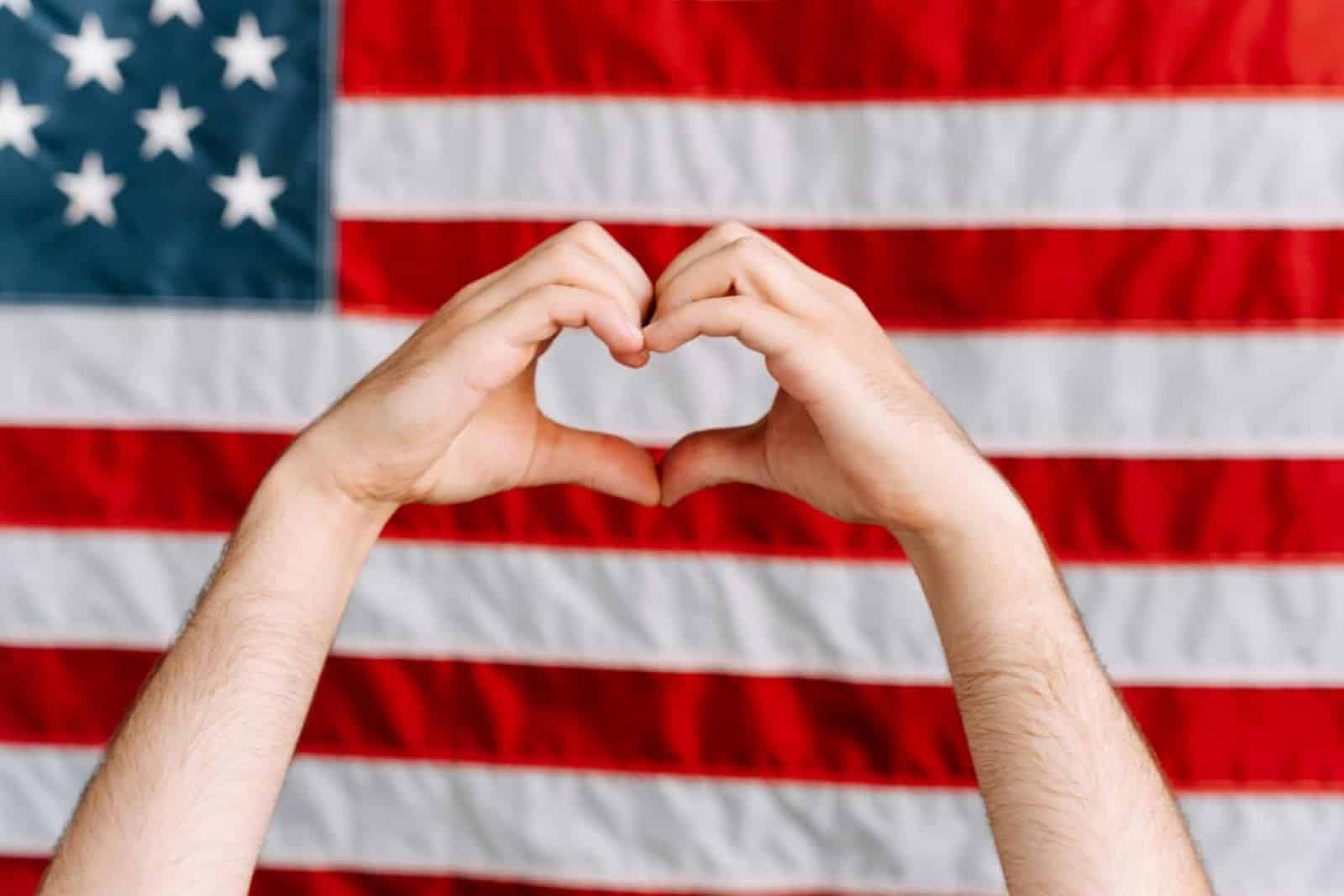
The U.S. dances to its own beat, especially when it comes to laws that make the rest of the world do a double-take. Here’s a lineup of things that scream “Only in America,” sticking strictly to what’s written in the law books. Ready for a tour through the American legal landscape that’ll leave you wondering if freedom might just be a bit too free? Only Legal in America: 21 Things You CAN’T Do in the Rest of the World
The post Independence for Who? 21 Racism Realities Behind America’s ‘Freedom’ Celebrations first appeared on Pulse of Pride.
Featured Image Credit: Shutterstock / Jacob Lund.

